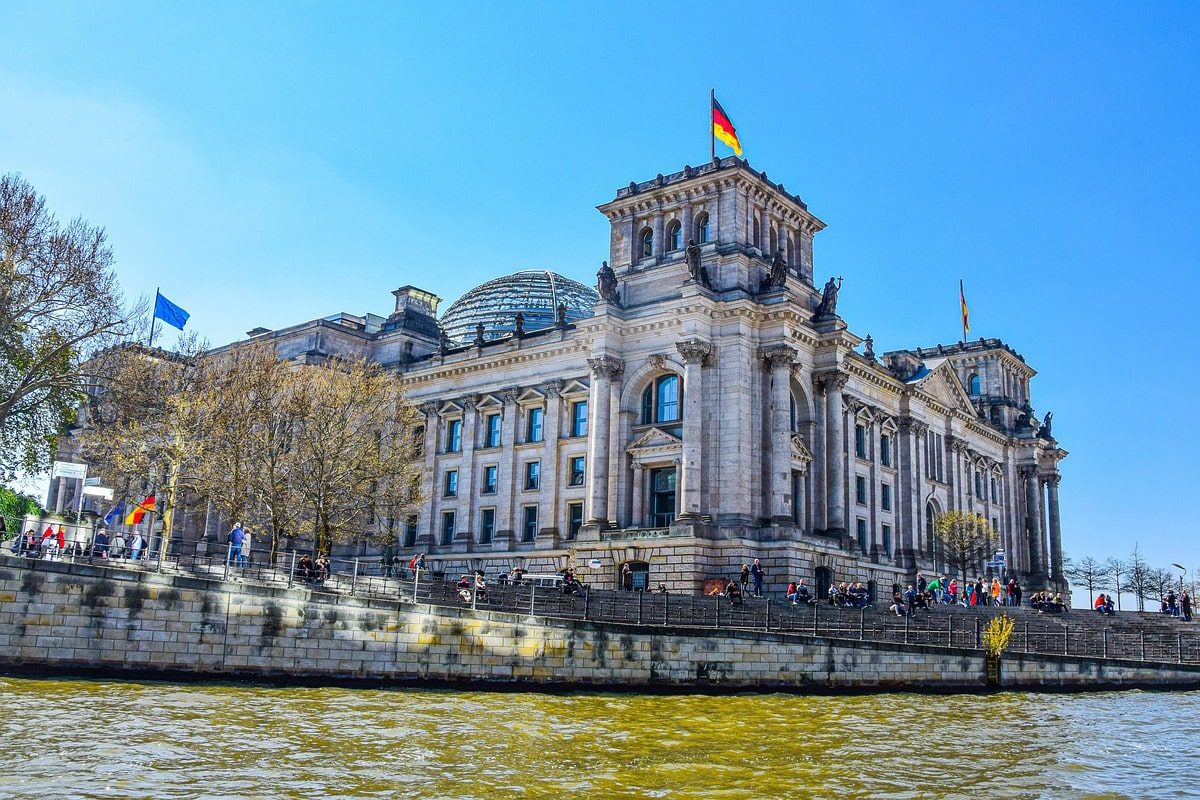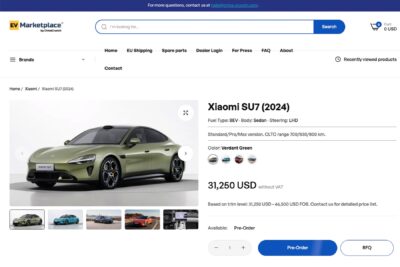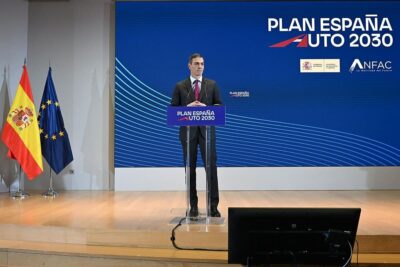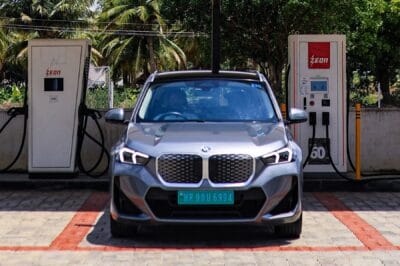Berlín quiere permitir los ICE "altamente eficientes" tras la eliminación progresiva de los motores de combustión en la UE en 2035
El gobierno de coalición de Alemania ha acordado una posición conjunta en relación con el reglamento de la UE que permitirá sólo coches nuevos con cero emisiones de CO₂ del tubo de escape a partir de 2035. Tras la reunión del comité de coalición, fuentes del partido confirmaron que Alemania abogará por que se consideren opciones tecnológicas adicionales en la próxima revisión de la UE. La posición comunicada al DPA La agencia de noticias afirma que "los modelos de motor de combustión altamente eficientes" deben seguir siendo elegibles para su registro más allá de 2035.
El canciller alemán, Friedrich Merz, tiene previsto exponer la postura del gobierno en una carta dirigida a la presidenta de la Comisión Europea, Ursula von der Leyen. Según las partes, el objetivo es garantizar que la próxima revisión del reglamento de la UE tenga en cuenta un espectro tecnológico más amplio. El acuerdo interno del gobierno se produce tras varias semanas de negociación, durante las cuales los distintos puntos de vista sobre el papel de la tecnología de combustión habían retrasado una posición unificada.
La Comisión Europea anunció a principios de este año que reevaluaría el reglamento de 2035 a raíz de las peticiones de varios Estados miembros y representantes de la industria. Se espera una propuesta revisada el 10 de diciembre. La legislación vigente exige que todos los coches nuevos matriculados a partir de 2035 sean de cero emisiones, lo que limita de hecho las matriculaciones a los vehículos eléctricos de batería y de pila de combustible de hidrógeno.
Los Estados alemanes piden flexibilidad
La coalición alemana defiende que la transición debe incluir un abanico más amplio de opciones. Un documento aprobado por los estados federales alemanes en octubre instaba al gobierno federal a asegurar el "futuro del motor de combustión" mediante medidas reguladoras y advertía contra una "prohibición estricta de la tecnología de los motores de combustión a partir de 2035". El documento también destacaba el papel potencial de "conceptos alternativos de propulsión respetuosos con el clima, combustibles respetuosos con el clima y tecnologías de transición complementarias como los motores de combustión de alta eficiencia, los híbridos enchufables y los vehículos eléctricos con extensor de autonomía".
La propuesta de diciembre de la Comisión Europea determinará cuánta influencia tendrá la posición de Alemania en el próximo proceso legislativo. Se esperan nuevas negociaciones entre los Estados miembros de la UE a medida que el reglamento avance en su revisión y posible modificación.
Mientras tanto, el gobierno federal alemán también acordó el marco para un nuevo plan de subvenciones a los vehículos eléctricos dirigido a los hogares con rentas medias y bajas. Se anunció por primera vez en octubre. Según un documento de resolución posterior a la reunión del comité de coalición, el programa se dirige a los hogares con ingresos bajos y medios. El documento establece: "Una renta anual imponible de 80.000 euros por hogar servirá de base para determinar la elegibilidad". El umbral de elegibilidad aumentará en 5.000 euros por hijo.
El subsidio previsto consiste en una cantidad base de 3.000 euros. El documento añade que "aumenta en 500 euros por hijo hasta un máximo de 1.000 euros". Los hogares con ingresos netos especialmente bajos recibirán un complemento adicional. El Gobierno tiene previsto ultimar el diseño completo del programa para finales de año, y su lanzamiento está previsto "lo antes posible en 2026", sujeto a la aprobación de las normas sobre ayudas estatales de la UE.
handelsblatt.com (subvenciones; en alemán), tabla.medios (acuerdo de coalición; PDF; en alemán), youtube.com (conferencia de prensa; livestream; en alemán)





4 Comentarios